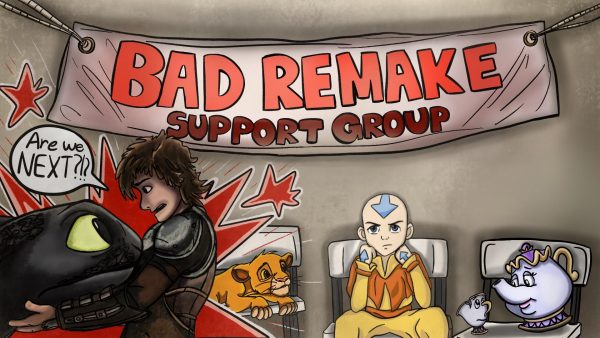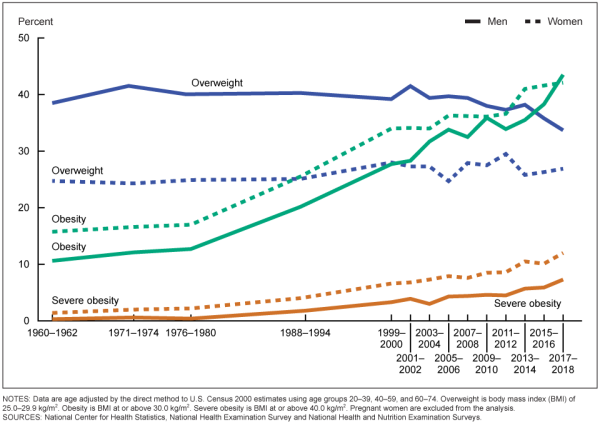Data collecting blindly affects internet users
February 3, 2014
How often do you use the internet in your day-to-day life? Do you casually surf the web, or is your entire life stored in cyberspace somewhere?
Regardless of your internet usage, someone is keeping a record of your browser history, personal information, buying habits and dirty little secrets. No, it is not the National Security Association. In fact, it is internet advertisers and publishers who are after your personal information.
Understanding how your data is being collected is critical when it comes to stopping the collection altogether. Regardless of who is tracking the information, it is extremely unsettling to find out it is happening so frequently.
The old way of tracking relied on cookies, a digital code that is stored on your computer. Since cookies do not work on mobile phone applications, and internet browsers are making it easier to remove cookies, advertisers and marketers had to rethink their data mining strategies.
According to a 2013 Forbes article written by Adam Tanner, fingerprinting is the new technique that publishers are turning to because it will not be removed when the cookies are deleted. This technique allows the host website to look at key characteristics of the visiting computer such as what plugins are installed, what internet browser is being used, what programs are installed on your computer and even what fonts you like using. All of this data generates a unique signature that is saved under a profile that can be matched to you later.
This is completely unacceptable, no one should be allowed to make a profile without my permission. As a rule of thumb, anything you don’t want people to know should not be posted online. There are some temporary solutions to this problem like using safe search plug-ins or browsers to view the internet anonymously, or even using the private window features built in to most internet browsers. This is not going to stop the data collection completely, but it will slow it down drastically.
Another way publishers, advertisers and marketers collect your data is by keeping tabs on social media websites, like Facebook. Whenever you add profile information or check-in to a location, you have just opened yourself up to data collection.
According to an article posted to PC World entitled,“The 5 biggest online privacy threats of 2013,” even uploaded and tagged photos can be used to create a facial recognition database. Now your data will have a face and everyone else in the photo will eventually have their data matched to their face as well. For some people this is not an issue, but for others it is extremely unacceptable. Regardless of your feelings on this topic, if you use a social media website you cannot stop the data collection. If it bothers you so much, just delete your profile and move on with your life.
All of this data mining is seemingly going unchecked. If this information makes you uncomfortable, it should. Your privacy is being breached and it should be protected. You would not let a stranger into your house to go investigate your hobbies or eating habits, so why should data collectors be allowed so freely into your personal information?
The advertising and publishing companies are quite literally stalking us, and we are letting them. Next time you use the internet, just remember that someone will be watching your every move.












































































